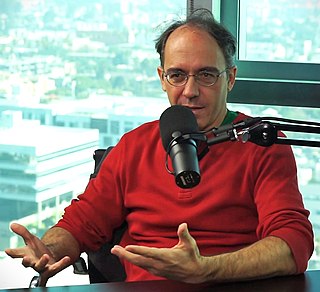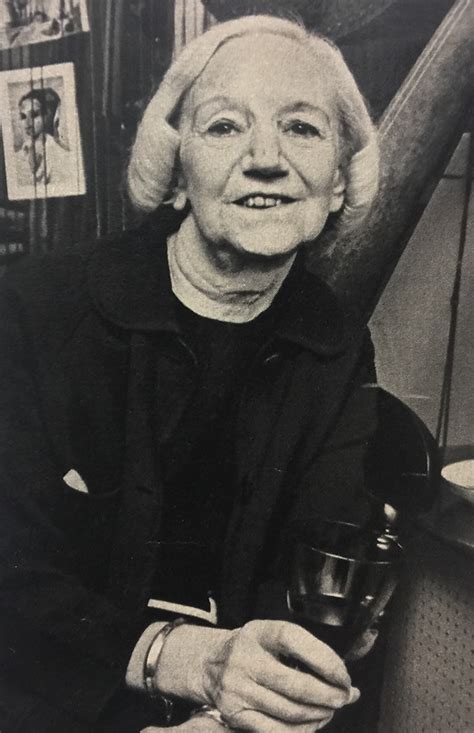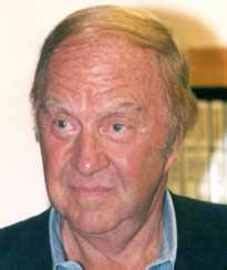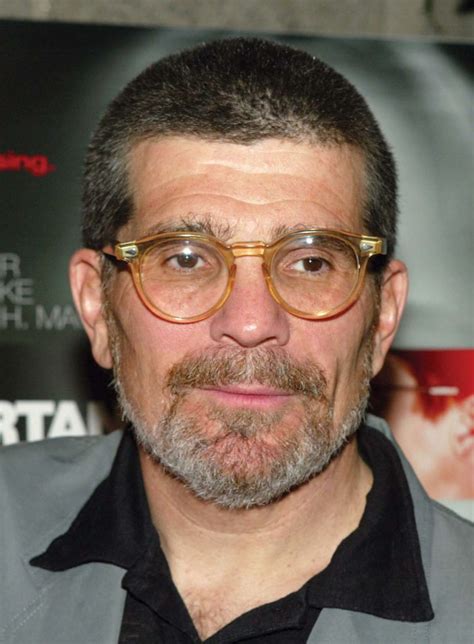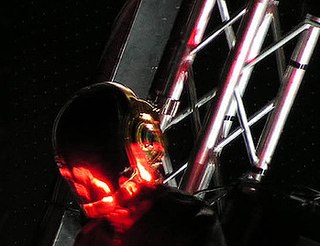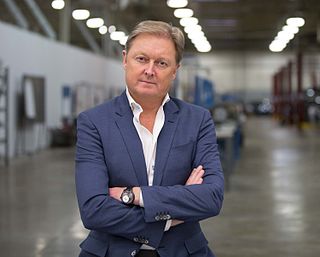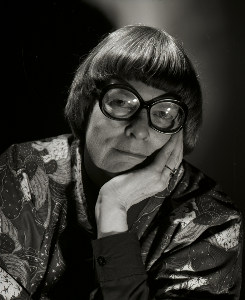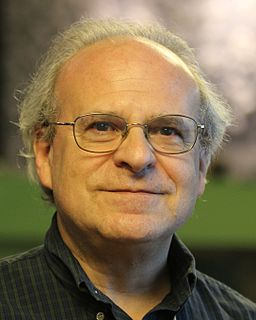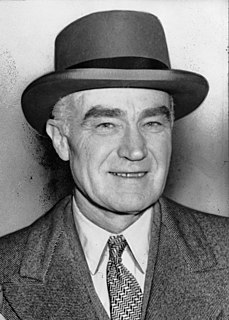Top 1200 Slot Machines Quotes & Sayings - Page 20
Explore popular Slot Machines quotes.
Last updated on November 9, 2024.
I don't doubt that at the dawn of martial arts, the main goal was to beat up one's opponents in the most effective way possible. But then, indirectly, the alchemy of martial arts began to strike some chords deep within the spirit of many individuals, transforming living war-machines into poets, artists, and philosophers.
Possibly the tragedy of the bicycle is that it was invented too close in time to the car. In the historical scheme, pedal power hardly got under way before the combustion engine appeared and, not only took over the roads, but changed our view of machines. We've forgotten that pedal power is a potent form of energy.
Let's stick to the practical and the concrete: Would you like it if people lived in a virtual world? If machines were smarter than people? If, in the future, people, animals and plants were products of technology? If you don't like these ideas, then for you the computer and biological sciences clearly are dangerous.
For a long time, the humans are going to be better than the machines and so different parts of the job will be leveraged. In a way that's happened for centuries, and we've adapted. And it's made the people who had parts of their jobs automated more valuable and more productive to the extent that they are essential for the other components of their jobs.
The best programs are written so that computing machines can perform them quickly and so that human beings can understand them clearly. A programmer is ideally an essayist who works with traditional aesthetic and literary forms as well as mathematical concepts, to communicate the way that an algorithm works and to convince a reader that the results will be correct.
Give us detailed, testable, mechanistic accounts for the origin of life, the origin of the genetic code, the origin of ubiquitous bio macromolecules and assemblages like the ribosome, and the origin of molecular machines like the bacterial flagellum, and intelligent design will die a quick and painless death.
I wanted to make an artwork that really underlined the contradiction between how machines see and how humans see. Because music is so affective and is just as corporeal as it is cerebral, I thought coupling a music performance with machine vision adds up to something that work on an emotional, aesthetic, and intellectual level.
Culture is a perversion. It fetishizes objects, creates consumer mania, it preaches endless forms of false happiness, endless forms of false understanding in the form of squirrelly religions and silly cults. It invites people to diminish themselves and dehumanize themselves by behaving like machines.
There are a lot of complaints by the older generation about the lack of action in this generation. My retort: give these people something to be engaged in. Cutting a check is not engaging. Some charities treat donors like cash machines. Until now there hasn't been any effective way for them to provide a more personal or interactive giving experience.
There was a day when you could identify a NASCAR Ford, Chevrolet, or Dodge and they actually looked like "stock cars." Now they are pod machines, slick on the outside but still powered by the same Neanderthal carbureted pushrod V-8s that have been under their hoods for half a century. If this is real auto racing, then the WWF ought to be part of the Olympics.
We are close to dead. There are faces and bodies like gorged maggots on the dance floor, on the highway, in the city, in the stadium; they are a host of chemical machines who swallow the product of chemical factories, aspirin, preservatives, stimulant, relaxant, and breathe out their chemical wastes into a polluted air. The sense of a long last night over civilization is back again.
Instead of gambling on the eternal impossibility of the revolution and on the fascist return of a war-machine in general, why not think that a new type of revolution is in the course of becoming possible, and that all kinds of mutating, living machines conduct wars, are combined and trace out a plane of consistance which undermines the plane of organization of the World and the States?
The hollowing out of the middle class. That's not just about capitalism or the structure of taxation. That is also about the fundamental truth that machines can do a lot of things better than humans used to do. A lot of those people are being pushed down to do less value-adding jobs, so they get paid less money.
Especially girls, but any kids exposed to music programs and arts programs do much better on their tests. They have a better chance of going to college. They can focus better. You know, we're not just automatons learning how to work machines and do engineering and math and science. All of that's great, but you've got to build a whole person.
Phyllis is one of the tunnel boring machines for Crossrail and one of the most extraordinary characters I met, visiting some of the most exciting infrastructure in Britain. Crossrail is the new railway which will run from West to East right across London. It is the biggest engineering project in Europe - and Phyllis herself is not exactly dainty.
Technology has a shadow side. It accounts for real progress in medicine, but has also hurt it in many ways, making it more impersonal, expensive and dangerous. The false belief that a safety net of sophisticated drugs and machines stretches below us, permitting risky or lazy lifestyle choices, has undermined our spirit of self-reliance.
As professional soccer players, we take our bodies to the extreme. We're the people at the gym that look like we're breaking the machines. Pushing our bodies to the limits is what makes us so strong and capable and Olympians. It's not an easy thing to consistently do over and over again to your body.
One of my most vivid memories of the mid-1950s is of crying into a washbasin full of soapy grey baby clothes - there were no washing machines - while my handsome and adored husband was off playing football in the park on Sunday morning with all the delightful young men who had been friends to both of us at Cambridge three years earlier.
In a startup car company, everything you do has to be done in a different way than a traditional car company. And the main reason is that all of these big car companies are operating like giant well-oiled machines - you could put a very seasoned executive in, and all he has to do is make sure the machine keeps running.
casino owners spoke more loudly than any of the other kings of industry to defend their contribution to society. They could speak more loudly because theirs was the purest activity of civilized man. They had transcended the need for a product. They could maintain and advance life with machines that made nothing but money.
In our society, we move people out of government. It's all operated by machines, meaning – not the people, just the products: the farming, the agriculture, the production – it's all machine-designed and programming. But it does not program or design people. People are free to live whatever lifestyle they want to. If they hurt other people, they're helped – they’re not put in prisons
Tolstoy didn't know about steampunk or cyborgs, but he did know about the nightmarishness of steam power, unruly machines, and the creepy half-human status of the Russian peasant classes. In 'Anna Karenina,' nineteenth-century life itself is a relentless, relentlessly modern machine, flattening those who oppose it.
Sometimes I still have American dreams. I mean literally. I see microwave ovens and exercise machines and grocery store shelves with 30 brands of shampoo, and I look at these things oddly, in my dream. I stand and think, "What is all this for? What is the hunger that drives this need?" I think it's fear. Codi, I hope you won't be hurt by this, but I don't think I'll ever be going back. I don't think I can.
We had a big controversy in the United States when there was a limited number of dialysis machines. In Seattle, they appointed what they called a 'God committee' to choose who should get it, and that committee was eventually abandoned. Society ended up paying the whole bill for dialysis instead of having people make those decisions.
Men and machines are good at different things. People form plans and make decisions in complicated situations. We are less good at making sense of enormous amounts of data. Computers are exactly the opposite: they excel at efficient data processing but struggle to make basic judgments that would be simple for any human.
Early Apple machines - don't know how to answer what it was like since there were so few tools. Just had to keep debugging by isolating a problem, looking at memory in the limited debugging (weaker than the DOS DEBUG and no symbols) patch and retry and then re-program, download and try again. And again.
To see life. To see the world. To watch the faces of the poor, and the gestures of the proud. To see strange things. Machines, armies, multitudes, and shadows in the jungle. To see, and to take pleasure in seeing. To see and be instructed. To see and be amazed. (Describing the powers of photography; written for the launch of LIFE Magazine, 1936.)
There's a great phrase, written in the '70s: 'The definition of today's AI is a machine that can make a perfect chess move while the room is on fire.' It really speaks to the limitations of AI. In the next wave of AI research, if we want to make more helpful and useful machines, we've got to bring back the contextual understanding.
When I walk, I try to set a fairly brisk rate. I love walking outside. I hate machines like treadmills. The path that I have chosen to walk is just city streets, but you see pretty houses, trees... my routes have some hills in them; it's not just straight walking. You have to exercise your heart and lungs.
Human artifacts not only include material structures and objects, such as buildings, machines, and automobiles, but they also include organizations, organizational structures like extended families . . . tribes, nations, corporations, churches, political parties, governments, and so on. Some of these may grow unconsciously, but they all originate and are sustained by the images in the human mind.
Those who have succeeded in attaching or detaching their minds at will have succeeded in Pratyahara, which means gathering towards, checking the outgoing powers of the mind, freeing it from the thralldom of the senses. When we can do this, we shall really possess character; then alone we shall have taken a long step towards freedom. Before that, we are mere machines.
Consider radiology. Technology is going to reduce the use of those machines because doctors aren't going to need to send patients two or three times for radiology. They're going to have access to what the previous specialist took. There's also going to be devices that are coming out that are much less costly.
In recent years, America's wealthiest man has begun to tackle energy issues in a major way, investing millions in everything from high-capacity batteries to machines that can scrub carbon dioxide out of the air. With a personal fortune of $50 billion, Gates has the resources to give his favorite solutions a major boost.
I just thought making machines intelligent was the coolest thing you could do. I had a summer internship in AI in high school, writing neural networks at National University of Singapore - early versions of deep learning algorithms. I thought it was amazing you could write software that would learn by itself and make predictions.
Technologies first equipped the territorial body with bridges, aqueducts, railways, highways, airports, etc. Now that the most powerful technologies are becoming tiny - microtechnologies, all technologies can invade the body. These micro-machines will feed the body. Research is being conducted in order to create additional memory for instance.
The bosses of the Democratic party and the bosses of the Republican party alike have a closer grip than ever before on the party machines in the States and in the Nation. This crooked control of both the old parties by the beneficiaries of political and business privilege renders it hopeless to expect any far-reaching and fundamental service from either.
Even bigger machines, entailing even bigger concentrations of economic power and exerting ever greater violence against the environment, do not represent progress: they are a denial of wisdom. Wisdom demands a new orientation of science and technology towards the organic, the gentle, the nonviolent, the elegant and beautiful.
As part of our layered approach, we have expedited the deployment of new Advanced Imaging Technology (AIT) units to help detect concealed metallic and non-metallic threats on passengers. These machines are now in use at airports nationwide, and the vast majority of travelers say they prefer this technology to alternative screening measures.
I had COVID a week before they made the announcement. I couldn't breathe and I couldn't tell if it was my heart or my lungs. I got to the hospital and I said, 'I've been having this heart attack for three days' and they plugged me into the machines and everything and I had a swollen heart and a virus. I really seriously thought I was going to die.
I remember endless Apple v. Windows debates in the early '90s when I was in college. Macs were better machines, everyone said; the whole Office thing was a huge pain. It was difficult to transfer files between operating systems, and generally speaking, if you wanted to do Office stuff, you needed a Windows machine.
Machineries of reason, machineries of conduct, machineries of virtue. The machine that regulates instinct, keeps one’s hands free of another man’s throat, free of one’s own. These machines have all, as someone said, gone too long in the elements. Gummed now, rusted, bloodless.
I forget who said it and I no longer care.
